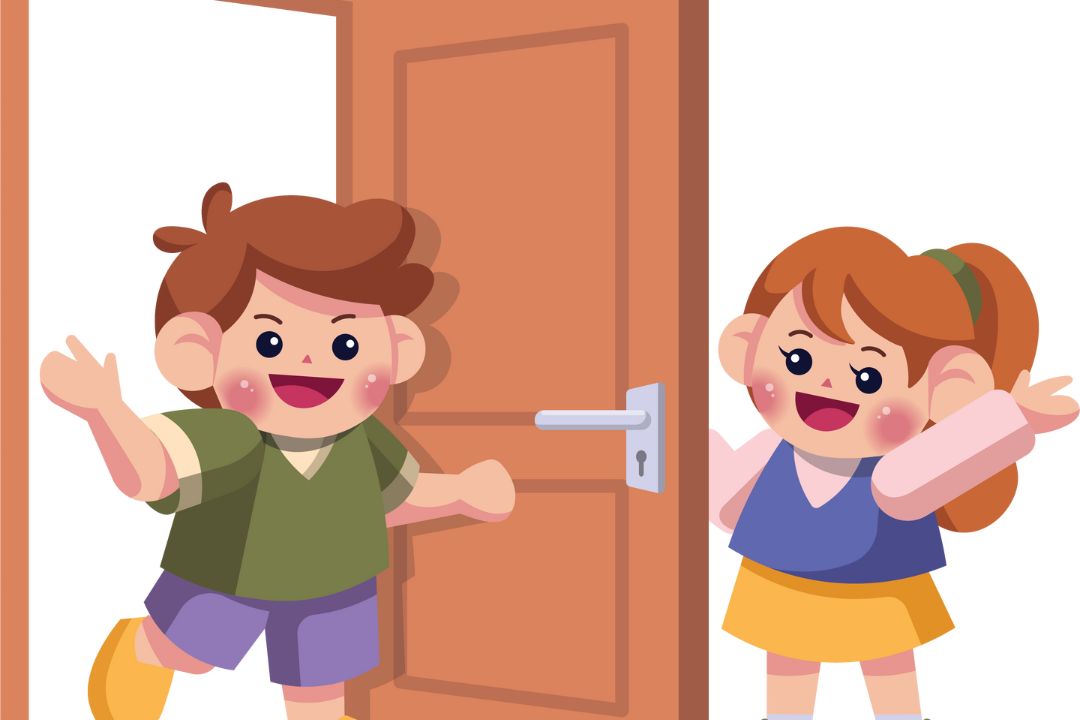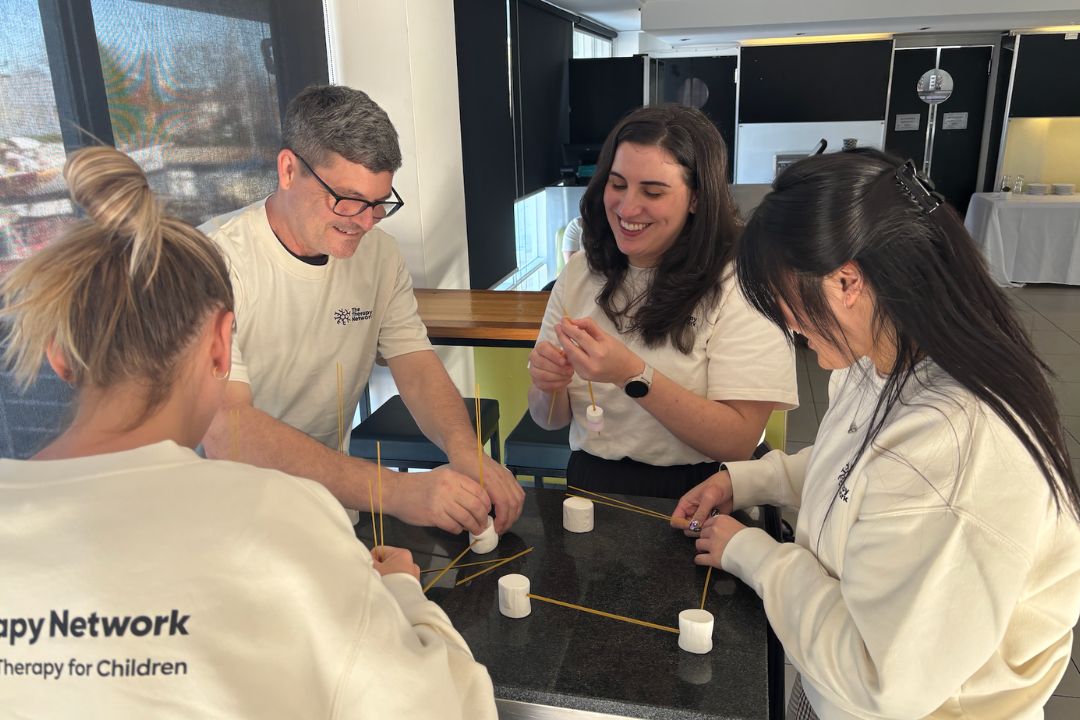In the world of paediatric occupational therapy, progress often looks like small steps — a button fastened for the first time, a pencil gripped with more control, or a child joining in a group activity they once avoided.
These milestones are powerful, not just because of the skill gained, but because they represent persistence, effort, and resilience. At the heart of these changes lies something called a growth mindset — and it’s just as important for therapists and families as it is for the children we support.
What is a Growth Mindset?
Coined by psychologist Carol Dweck, a growth mindset is the belief that abilities and intelligence can be developed through dedication and hard work. It’s the opposite of a fixed mindset, which assumes our qualities are set in stone. For children (and adults), adopting a growth mindset opens the door to learning, resilience, and a love of challenges.
Why It Matters in Paediatric OT
In therapy, children are constantly navigating challenges — whether it’s learning how to write, regulating their emotions, or improving motor coordination. When we frame these challenges as opportunities to grow rather than signs of failure, we help children build confidence and perseverance.
As paediatric OTs, we are in a unique position to:
- Model a growth mindset in our language: “You haven’t done it yet — but look how far you’ve come.”
- Celebrate effort as much as outcome: “I saw how hard you worked to keep trying, even when it got tricky.”
- Create a safe space for trying and failing: We encourage risk-taking in learning by reinforcing that mistakes are part of the process.
Supporting Families with a Growth Mindset Approach
Parents and carers are key partners in a child’s therapy journey.
Encouraging a growth mindset at home can reinforce the skills children are building in sessions. As therapists, we can support families by:
- Helping them shift from performance-focused language to process-focused praise.
- Normalising the ups and downs of progress.
- Offering strategies that focus on “how” the child is working towards a goal, not just the end result.
A Growth Mindset for Us, Too
It’s not just about the children we support — therapists benefit from embracing a growth mindset as well.
Reflecting on our own learning, seeking feedback, trying new approaches, and acknowledging when things don’t go as planned are all part of growing in our practice.
When we show that we’re learning, too, we model lifelong learning for the children and families we work with.
A growth mindset helps children feel empowered in their abilities and hopeful about their future. In paediatric occupational therapy, this mindset can turn “I can’t” into “I can’t yet,” and that simple shift can lead to incredible outcomes.
Let’s continue to celebrate progress, effort, and persistence — and nurture a space where growth happens for everyone.





